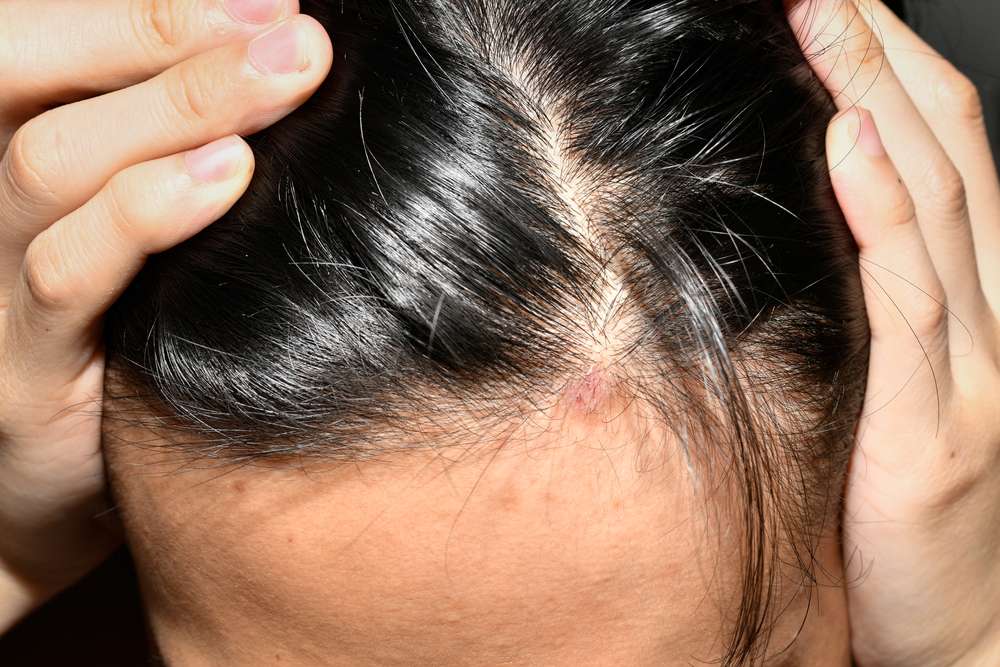Unveiling the Mysteries of Feng Shui: Transforming Home and Garden
Introduction: In the realm of home and garden design, the ancient art of Feng Shui offers a unique perspective. This Chinese practice, dating back thousands of years, harmonizes individuals with their environment. Let's delve into the world of Feng Shui, its historical roots, current trends, and practical applications in modern homes and gardens.

Historical Roots of Feng Shui
Feng Shui, which translates to “wind-water,” is a time-honored Chinese philosophy born over 3,000 years ago. Rooted in Taoism, it seeks to balance the energies or ‘chi’ in a particular space to assure health and good fortune for the people inhabiting it. Through the use of complex calculations and tools like the ba-gua and compass, ancient Chinese geomancers would determine auspicious locations for buildings and gravesites.
Feng Shui in the Modern Home
Today, Feng Shui principles have permeated Western interior design. The philosophy’s focus on harmony, balance, and energy flow resonates with homeowners seeking tranquility and positivity in their living spaces. Design principles include decluttering for clear energy flow, using mirrors to amplify light, and incorporating natural elements like plants and water. The five elements—wood, fire, earth, metal, and water—are also integral, with their thoughtful incorporation promoting balance and wellbeing.
Feng Shui in the Garden
Just as with interior design, Feng Shui principles can be applied to outdoor spaces. In Feng Shui, the garden is considered an extension of your home, and its design can significantly influence the energy of your living space. Key principles include the use of curves rather than straight lines, inclusion of water features, and thoughtful arrangement of plants. Creating a balance between ‘yin’ (soft, shady, moist aspects) and ‘yang’ (bright, sunny, dry aspects) is also crucial.
Practicality and Market Trends
The adoption of Feng Shui in Western homes and gardens has created a niche market for consultants and products. From Feng Shui-based architecture firms to decor items like crystals, mirrors, and water fountains, the industry is thriving. Additionally, the philosophy’s focus on decluttering and organization aligns with current trends towards minimalism and mindful living.
Enhancing Daily Living with Feng Shui
Feng Shui provides a unique lens to view our living spaces. It encourages us to consider how our environment impacts our wellbeing and offers practical solutions to enhance positivity and harmony. Whether it’s through the strategic placement of furniture, use of certain colors, or incorporation of natural elements, Feng Shui can transform our homes and gardens into spaces that nurture and rejuvenate.
In conclusion, the ancient art of Feng Shui offers a timeless perspective on home and garden design. Its historical roots, current trends, and practical applications provide a unique approach to creating harmonious and balanced living spaces. By understanding and applying its principles, we can transform our homes and gardens into sanctuaries of peace and prosperity.




